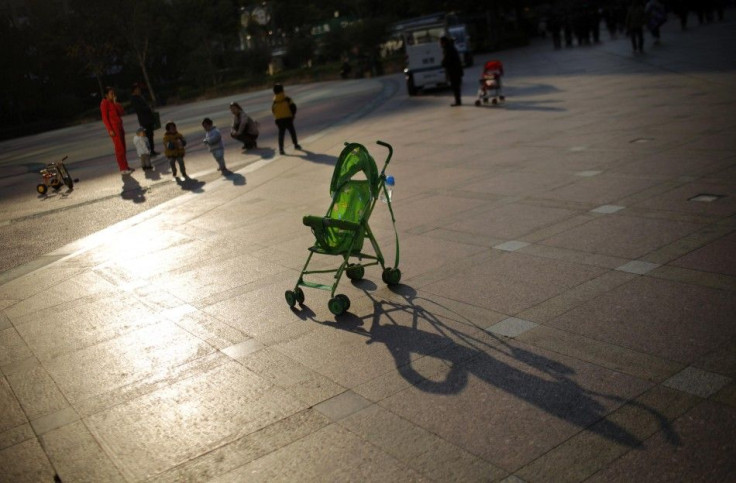IVF Baby Switch: Woman Pregnant with Someone Else's Embryos

A woman who became pregnant after IVF has been found to be carrying the twins of another couple. The clinic in Rome had caused a mix-up with the embryos. According to Italian Health Ministry, it will start an investigation into the rare IVF error.
The wrong embryos were only discovered when the woman three months into the pregnancy. The error was made on Dec 4 when four couples were receiving fertility treatment at the same time in the fertility unit at Rome's Sandro Pertini Hospital.
According to the Italy's La Stampa paper, it was not clear if the switching of embryos led to other women having one another's babies. Health Minister Beatrice Lorenzin said investigators will need to check if the hospital has observed all legal procedures. Ms Lorenzin was concerned that she was only aware of the IVF error because of the media reports.
The minister said Rome follows the national standards on fertility treatments especially assisted fertilisation. The standards were based on European directives which meant they are "very rigorous." If procedures are applied correctly, all biological material used in the reproduction process can be traced.
The health authorities have since stopped the clinic from performing embryo implantations indefinitely or until further notice. Genetecist Guiseppe Novelli is tasked to lead the investigation. He will also check if other IVF patients were given the wrong embryos.
IVF may cause birth complications
Meanwhile, a major new study in Australia has warned that IVF babies are twice likely to suffer from serious birth complications than babies conceived naturally. Scientists analysed 17 years of data and arrived at the conclusion that traditional IVF, or the direct injection of sperm into a woman's egg cells, has a high risk of complications. The research study considered the risk of low birth weight, still birth, premature birth and infant death to evaluate 300,000 births in South Australia. Among the total births, 4,300 were IVF babies.
However, according to Dr Dagan Wells, an Oxford University fertility expert, some "adverse" outcomes may be higher in IVF babies, but the overall risk is low.






